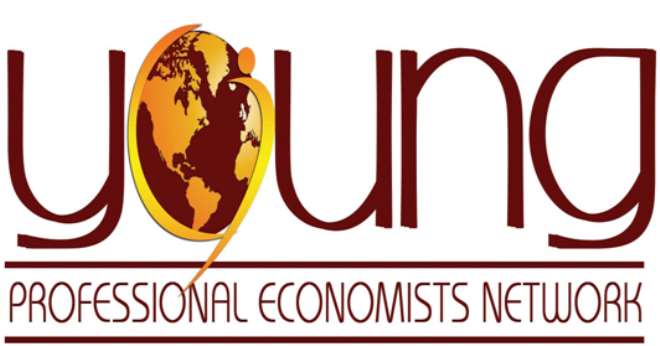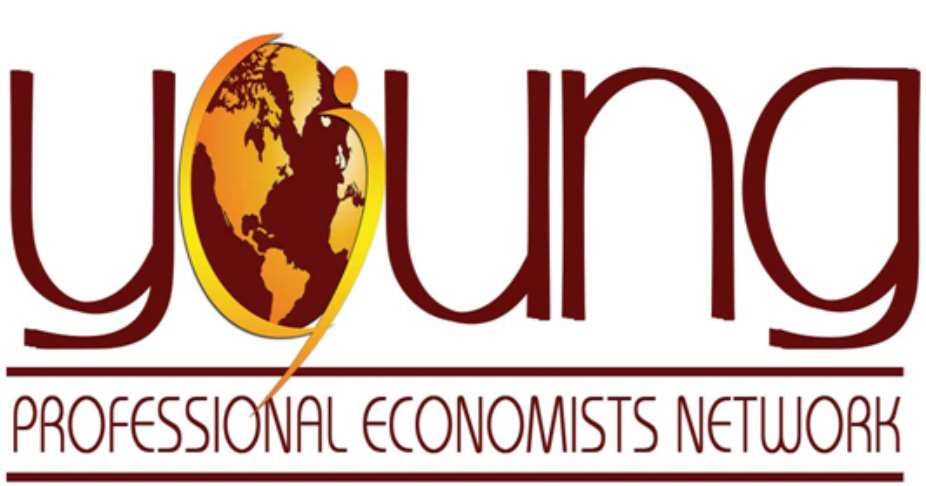From the first edition, we saw the development of the 'invisible hand' theory by Adam Smith during the 18th century.
The theory of 'Invisible Hand' states that if each consumer is allowed to choose freely what to buy and each producer is allowed to choose freely what to sell and how to produce it, the market will settle on a product distribution and prices that are beneficial to all the individual members of a community, and hence to the community as a whole.
Again, Adam Smith in his 1776 book "An Inquiry into the Nature and Causes of the Wealth of Nations" states that:
"…every individual necessarily labours to render the annual revenue of the society as great as he can. He generally neither intends to promote the public interest, nor knows how much he is promoting it ... He intends only his own gain, and he is in this, as in many other cases, led by an invisible hand to promote an end which was no part of his intention. Nor is it always the worse for society that it was no part of his intention. By pursuing his own interest he frequently promotes that of the society more effectually than when he really intends to promote it. I have never known much good done by those who affected to trade for the public good."
Individuals in a free market are expected, as rational beings, maximize their own self-interest, and through a two way or multi-faceted interactions, the exchange of information in the markets enable each participant to be better off than when simply producing for himself / herself.
This means that in a free market, no regulation of any type would be needed to ensure that the mutually beneficial exchange of goods and services took place, since this "invisible hand" would guide market participants to trade in the most mutually beneficial manner.
Behind the 'invisible hand'
Harvard economist Stephen Marglin argues that while the "invisible hand" is the "most enduring phrase in Smith's entire work", it is "also the most misunderstood."
“Economists have taken this passage to be the first step in the cumulative effort of mainstream economics to prove that a competitive economy provides the largest possible economic pie (the so-called first welfare theorem, which demonstrates the Pareto optimality of a competitive regime). But Smith, it is evident from the context, was making a much narrower argument, namely, that the interests of businessmen in the security of their capital would lead them to invest in the domestic economy even at the sacrifice of somewhat higher returns that might be obtainable from foreign investment. . . .”
At the Young Professional Economists Network, we believe that a broader and respectful conversation is more nourishing than branded affronts hiding behind pretense and armour.
Behind the 'invisible hand' is just a philosophy and the belief that, perhaps, there are even profound forces that are working against the forces of demand and supply to establish a market efficiency– a 'visible hand'.
This 'visible hand' is making economics more complex than simple. It has created a lot of complications for the economics profession. Economists all around the world, are working around the clock to understand this complicated economy. Economics is about choices as well and individuals, firms and governments make economic choices all the time. How much is the influence of the 'visible hand' in all those choices?
Simplicity and Complex nature of economics
The global economy is now very complex and complicated. Simplicity is not a luxury especially when one comes to terms with the current intense scrutiny that economics is going through. It is very obvious that economics cannot be understood or wholly stay relevant based on narrow assumptions. Perhaps a harder interrogation would reveal a broader assumptions to help the discipline stay more relevant.
The issue is not a debate about any political economic ideology of capitalism, socialism or any such 'ism'. It is also not about throwing into the air, well established assumptions underlining the discipline. However, as it has happened across other disciplines, it is to ask hard questions -questions which have eluded the discipline.
This is the guiding philosophy of Young Professional Economists Network. We seek to ask those difficult questions which have not been asked. We provide the single platform for young economist across the world to interact and share ideas…we say that 'economic ideas matter'.
Paul Frimpong, Ch.E.
Chartered Economist and the founder of Young Professional Economists Network (YPEN)
He is also a fellow of the Bastiat Society –Ghana
The Young Professional Economists Network (YPEN), is a non-profit; non-partisan and an independent global organization which is established to raise new and young economic thinkers for the twenty first century and beyond. It has a vision of raising new economic thinkers who are going to positively impact the global economy.
www.ypenetwork.org
Tel: +233 -241 229 548
Email: [email protected] / [email protected]
 2014-09-23 150005
2014-09-23 150005





 We’ll protect state wealth from opaque deals – Prof Jane Naana
We’ll protect state wealth from opaque deals – Prof Jane Naana
 Mauritania president says running for second term in June polls
Mauritania president says running for second term in June polls
 I won't ever say I was a mere driver’s mate' — Prof. Opoku-Agyemang
I won't ever say I was a mere driver’s mate' — Prof. Opoku-Agyemang
 2024 polls: 'EC struggling to defend credibility'— Prof. Opoku-Agyemang
2024 polls: 'EC struggling to defend credibility'— Prof. Opoku-Agyemang
 Akufo-Addo gov't's 'greed, unbridled arrogance, unrestrained impunity, sheer dis...
Akufo-Addo gov't's 'greed, unbridled arrogance, unrestrained impunity, sheer dis...
 Election 2024: Ghana needs an urgent reset, a leadership that is inspiring – Ma...
Election 2024: Ghana needs an urgent reset, a leadership that is inspiring – Ma...
 Partner NDC to rollout a future of limitless prospects – Prof Jane Naana Opoku-A...
Partner NDC to rollout a future of limitless prospects – Prof Jane Naana Opoku-A...
 NPP will remain in gov’t till Jesus comes — Diana Asamoah
NPP will remain in gov’t till Jesus comes — Diana Asamoah
 Sunyani Technical University demands apology from former SRC president over sex-...
Sunyani Technical University demands apology from former SRC president over sex-...
 'Dumsor' was resolved by Mahama but ‘incompetent' Akufo-Addo has destroyed the g...
'Dumsor' was resolved by Mahama but ‘incompetent' Akufo-Addo has destroyed the g...
